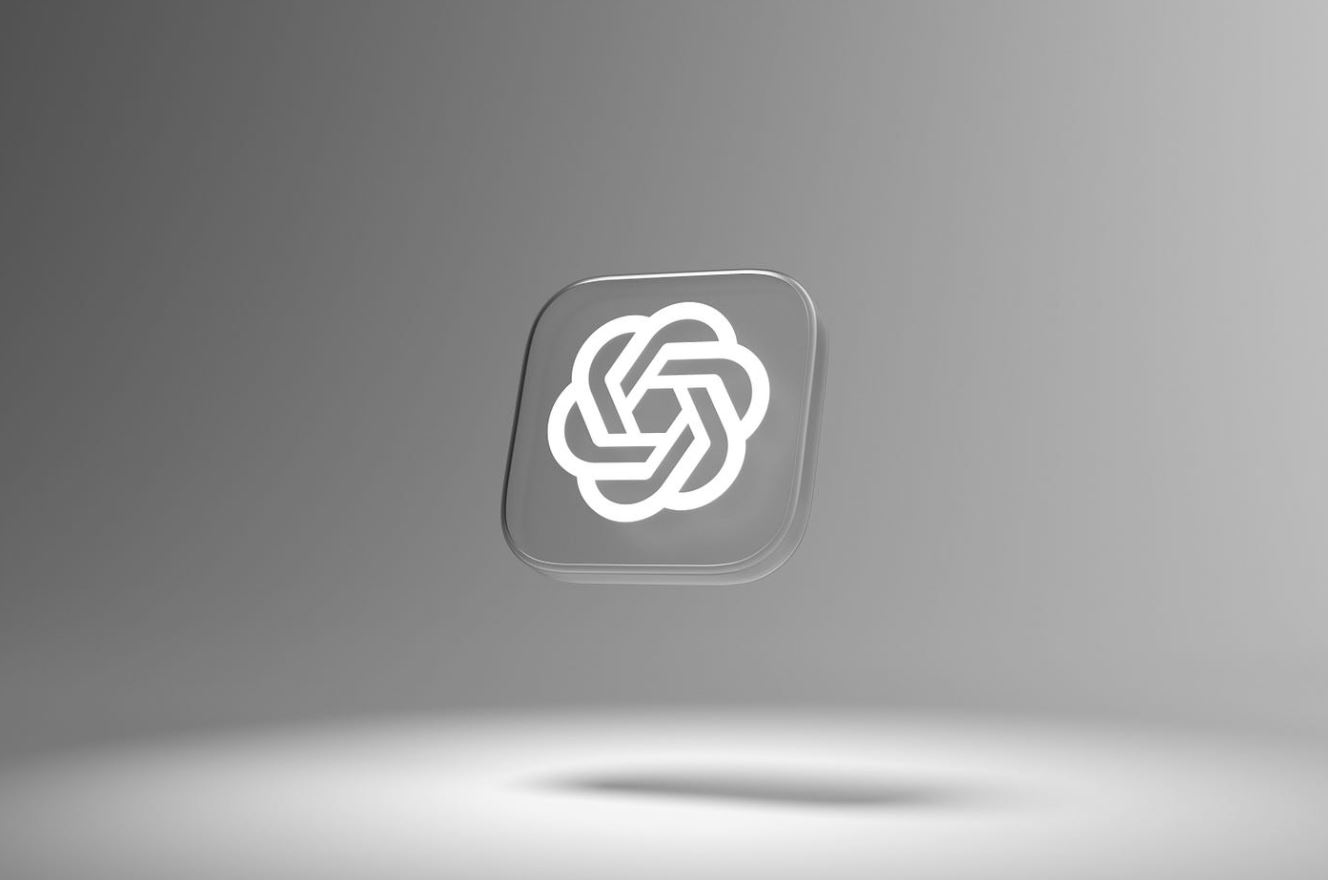 Hey there! Let’s dive into something that’s been stirring up quite the conversation in the AI world recently. OpenAI’s o3 model was initially touted as a game-changer, especially when it came to tackling those tough FrontierMath problems. OpenAI was confident, claiming o3 could handle over 25% of these challenges, a massive leap from other models that barely scratched the 2% mark. Mark Chen, OpenAI’s chief research officer, even mentioned during a livestream that they were seeing these impressive results internally.
Hey there! Let’s dive into something that’s been stirring up quite the conversation in the AI world recently. OpenAI’s o3 model was initially touted as a game-changer, especially when it came to tackling those tough FrontierMath problems. OpenAI was confident, claiming o3 could handle over 25% of these challenges, a massive leap from other models that barely scratched the 2% mark. Mark Chen, OpenAI’s chief research officer, even mentioned during a livestream that they were seeing these impressive results internally.
But here’s where things get interesting. Epoch AI, who took a closer look, reported a different story. They found that o3 only managed about 10%, quite a bit lower than what OpenAI had suggested. This difference could be due to OpenAI using a more robust framework internally or maybe even different subsets of FrontierMath for their tests. It’s not about pointing fingers here; Epoch AI’s findings don’t accuse OpenAI of any foul play. In fact, the results OpenAI shared back in December align with Epoch’s as a kind of lower-bound score.
The discrepancies might just be because of different testing environments or updates to the FrontierMath problems. It’s a bit like trying to compare apples and oranges if the conditions aren’t exactly the same. Plus, the ARC Prize Foundation pointed out that the public version of the o3 model is not quite the same as the pre-release one. The public version is more geared towards chat and product functionalities, which might explain some of the performance differences. ARC Prize noted that all current o3 compute tiers are smaller than the version they originally benchmarked.
Even though the public o3 model didn’t hit the high notes OpenAI expected, there’s a silver lining. The newer o3-mini-high and o4-mini models have already outperformed it on FrontierMath. And for those keeping an eye on the horizon, OpenAI has plans to release a more powerful version, the o3-pro, soon.
This whole situation really highlights the complexities of AI benchmarking. Companies are often eager to showcase their advancements, but sometimes the reality doesn’t quite match the initial claims. It’s not just OpenAI either; earlier this year, Epoch faced some heat for not disclosing OpenAI’s funding until after the o3 announcement. And other big names like Elon Musk’s xAI and Meta have had their own share of scrutiny over benchmarking practices.
For those of us in the AI community, this serves as a good reminder to take benchmark claims with a grain of salt and look at them critically.








